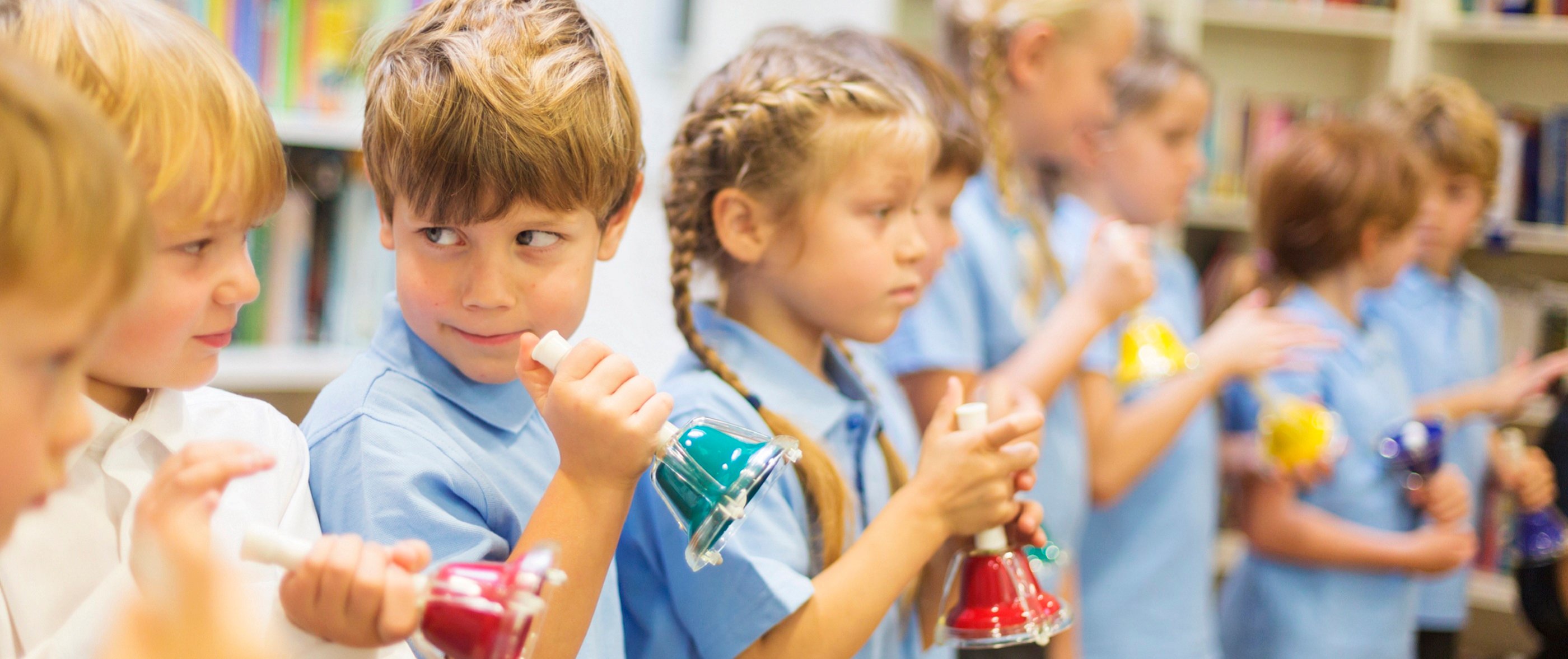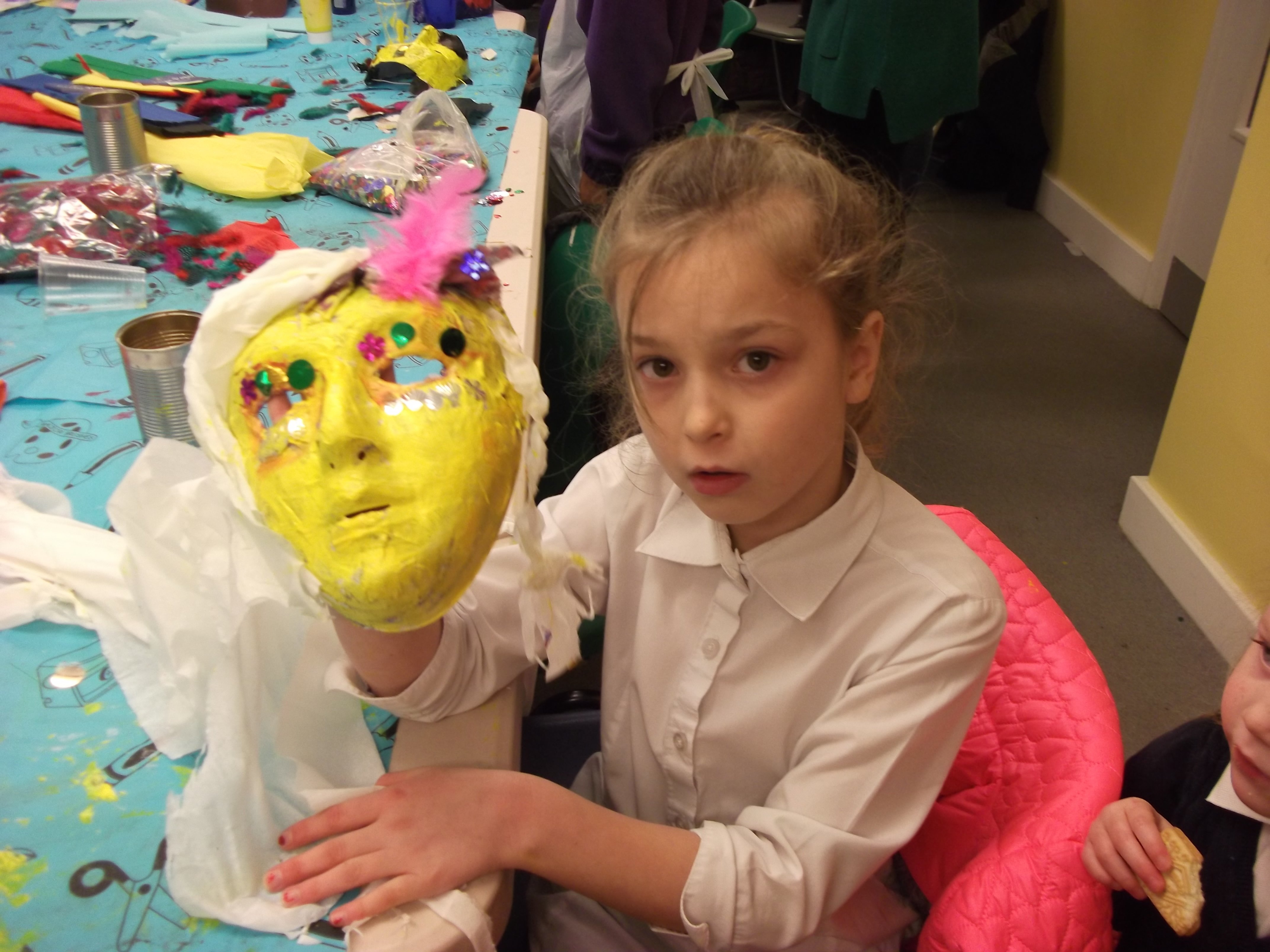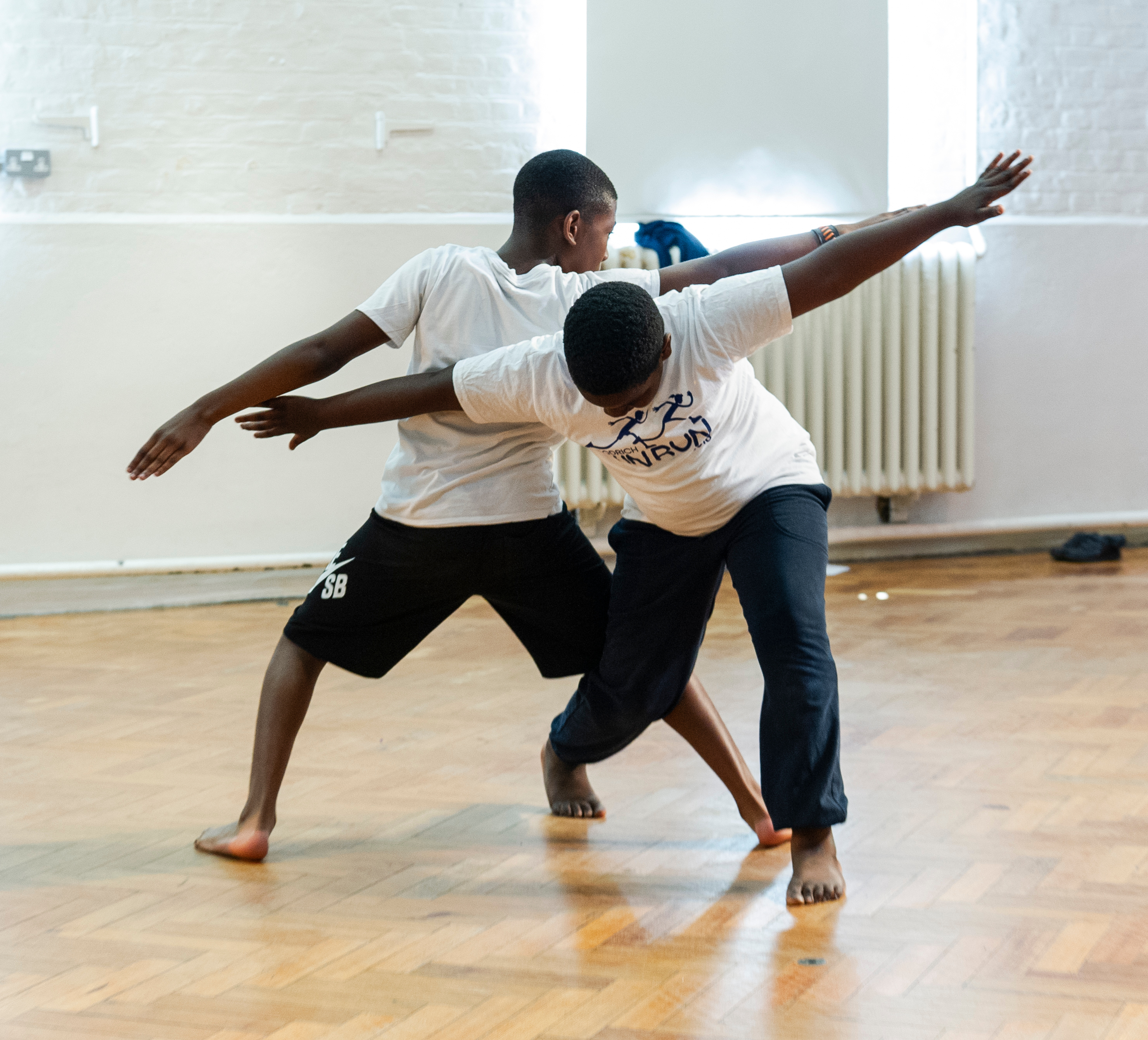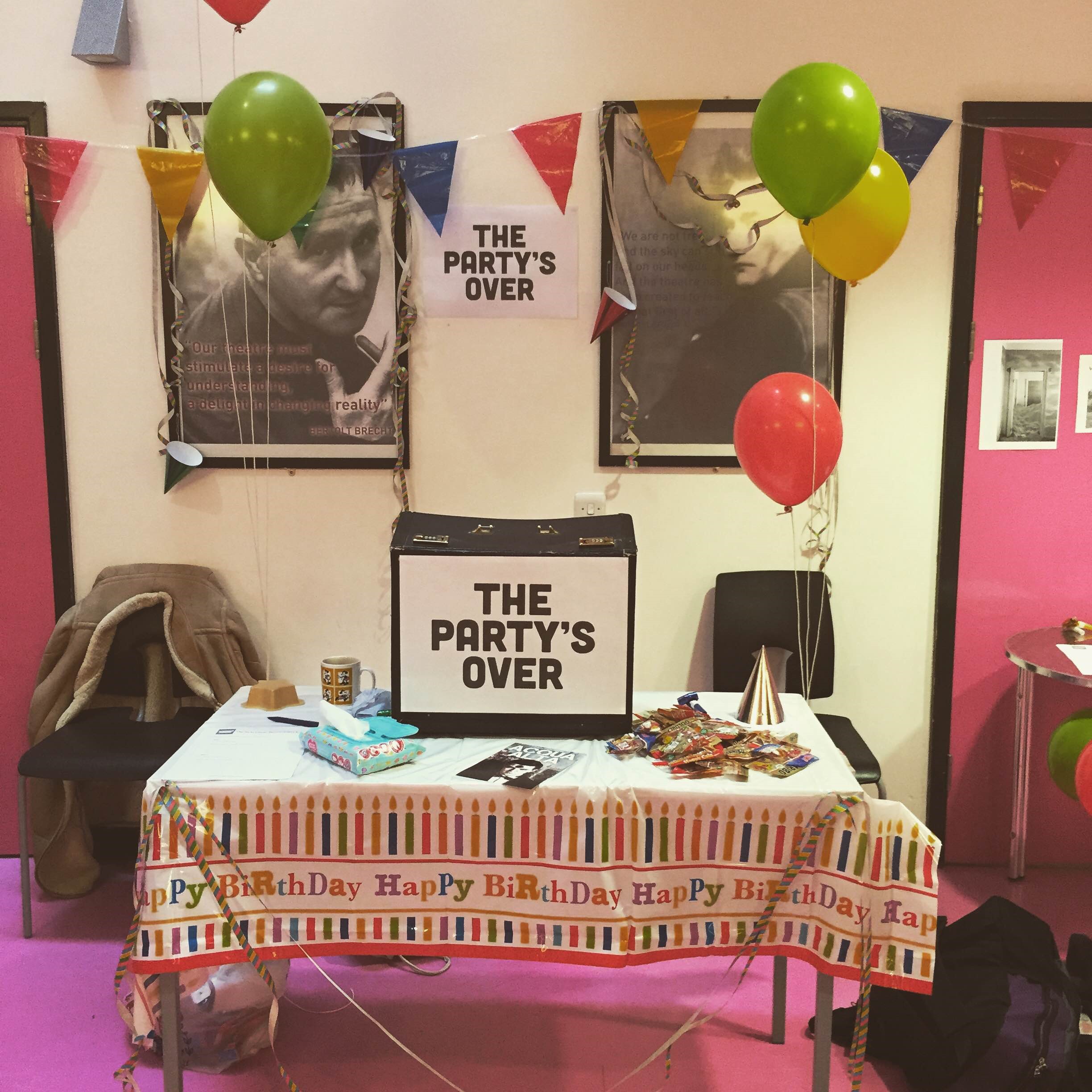
Arts Award and the Model Music Curriculum
BY: Natalie Christopher
02 Aug 2021
Following the release of the Model Music Curriculum (MMC) in March, we know there will be schools reviewing their music provision and looking for ideas on how they might incorporate this into their timetable and lesson plans. This blog takes a look at how the MMC might be delivered in conjunction with Arts Award, mapping each level to the corresponding Key Stage, and giving young people something to work towards as they learn.
Simply put, the Model Music Curriculum categorises in-school music tuition into four components:
- Singing
- Listening
- Composing
- Musicianship (KS1) or Performing (KS2 & KS3)
There is nothing to say that these elements need to be taught separately from each other – in fact, most music educators would argue strongly against it – but they provide a stimulus upon which musical activities can be based, which could, in turn, be used to achieve Arts Award qualifications throughout the different Key Stages. Some ideas for how you might go about this can be found below.
Key Stage 1 is a fantastic time to explore a wide range of musical possibilities, and get your students excited about the different types of music and musical activities they can get involved with.
Part A - Discover
Identify at least two art forms: These could have a music theme but might also include other art forms that incorporate music such as dance, theatre and film-making.
Participation in at least one arts activity: Why limit yourself to one? The MMC encourages participation in singing, composition, using music technology, creating graphic scores, and dance at this level, all of which could be used as arts activities for Part A!
Part B – Find out
Find out about at least one artist and their work: This could be a really nice activity that stems from the listening lists the MMC provides. You could start by listening to a selection of pieces from a range of different styles. The students could then choose their favourite to learn about – they might even share their findings with the rest of the class.
Part C - Share
Share what they have learnt and enjoyed: Why not have a music celebration event where the students both share what they have done throughout Discover, but also incorporate some kind of musical performance too? Remember to evidence what, how and who the sharing took place with.
At Key Stage 2, the MMC is looking to develop some musical skills that can encourage a lifetime of participation in the arts. Most students will have access to whole class instrumental lessons (WCIT) at this time, which the MMC intends to be additional to the 1-hour of classroom music prescribed from KS1. Students in Year 6 are also encouraged to take part in a transition project before moving onto secondary school.
Part A – Take Part
Take part in more than one arts activity: As with Discover, there is a range you could choose from here including (but not exclusive to) singing, learning a musical instrument, composition, improvisation, and taking part in an ensemble. Students should keep a log of what they have learnt from taking part in these activities.
Part B – Explore
Explore the work of at least one artist and at least one arts organisation: Again, this activity could stem very nicely from the repertoire lists provided in the MMC, with young people choosing a composer, songwriter or artist to learn more about. For the arts organisation, they might look at an orchestra, choir, opera house, or record label associated with one of the pieces. Alternatively, the MMC encourages schools to engage with their local Music Education Hub about live performances available to them; perhaps you could link a live performance to research about the local Hub.
Part C – Create
Create a piece of artwork to demonstrate their skills, recording the creative process: This is a great opportunity for young people to get their teeth into some composition and improvisation. The MMC recommends a number of stimuli, both musical (pentatonic scales, ternary form) and non-musical (stories, poems, images), which you can use as a starting point. It also advises capturing their ideas through graphic symbols, notation, and technology so, in doing this, you will already be gathering evidence of the creative process required for this part of the Award. Remember to get a record of their final piece too!
Part D – Share
Communicate a basic personal response to others about their enjoyment and/or achievement(s) from their Arts Award Explore experience: what a lovely way to encourage your students to think about what they have learnt in their music classes and how far they have come over the course of the Award. Did they learn to play a new instrument? Did they write and record their first song? Did they perform a solo in the school concert? Make sure they share their responses with others and that there is a record of how this took place too.
By Key Stage 3, the young people you are teaching are likely to come from a broader range of musical backgrounds, both in the experiences that they have had and their own preferences. Using Bronze Arts Award in conjunction with the MMC is a great way of celebrating their individuality whilst ensuring that they are meeting the academic requirements for this level.
Part A – Explore the arts as a participant
Show how they have developed their interest, knowledge and skills in a creative arts activity through active participation: this is an opportunity for your students to either develop and existing skill or try something new. The MMC at this level talks a lot about whole-class and small-group ensembles so it could be taking part in a school ensemble or forming one of their own. Alternatively, if you have the equipment available to you, this activity could also focus developing their music technology skills.
Part B – Explore the arts as an audience member
Young people are audience members for at least one arts event or experience: providing students with the chance to experience live music is always the ideal; however, this doesn’t have to mean a trip to the West End! As the MMC suggests, your local Music Education Hub may be able to assist you with this, offering discounted tickets to their own ensemble performances. Alternatively, you could check out our Arts Award Supporters page for details of other organisations offering discounts for students. But if live performance isn’t feasible at the moment, the MMC repertoire list provides ample selection of pieces and songs young people can listen to and critique.
Reflect on whether they enjoyed it, the quality and creative impact of the event or experience and the art form involved. Share their views with others: Why not do this part as a concert, gig or album review? It could be a written piece for the school newsletter, audio review recorded in the style of a radio show, or a vlog.
Part C – Arts inspiration
Use simple research methods to find out about the arts practice, career and work of an artist, craftsperson or arts practitioner who inspires them and summarise what they have learnt: This section is easily linked to Part B, with a number of our Arts Award Supporters offering Q&A sessions linked to their performances. Alternatively, this can be linked to the pieces recommended in the MMC, as suggested for Discover and Explore.
Part D – Skill Share
Plan to pass on their arts skill to others and then deliver their plan through leading a short workshop or presentation: there are so many ways in which this part of the Award could be incorporated into this part of the MMC and, if it works, there’s no reason why you couldn’t use it in more than one area. Whether it’s teaching others to play the instrument they learnt in their WCIT classes, a particular performance or compositional technique, or something they have learnt outside of school such as beatboxing, it’s a great way to expand your students’ skill sets, experiences and interests.
I hope this provides you with some ideas to assist with your planning for the coming year. For more information about how Arts Award can support music education, please visit the Music Education pages of the Arts Award website.
Image from iStock
Related posts

BY: Guest Writer
BY: Layne Harrod
BY: Alan Lynch



Comments & Replies